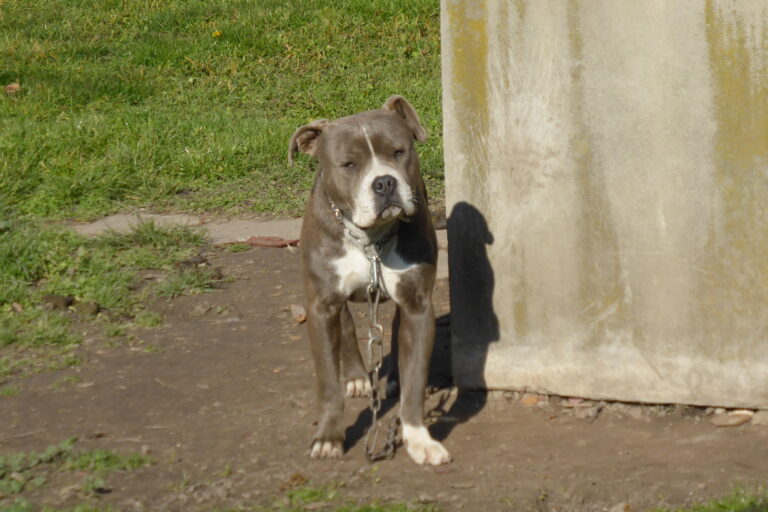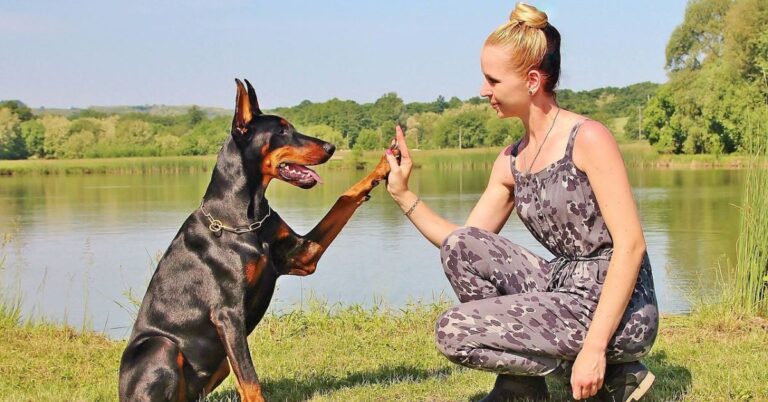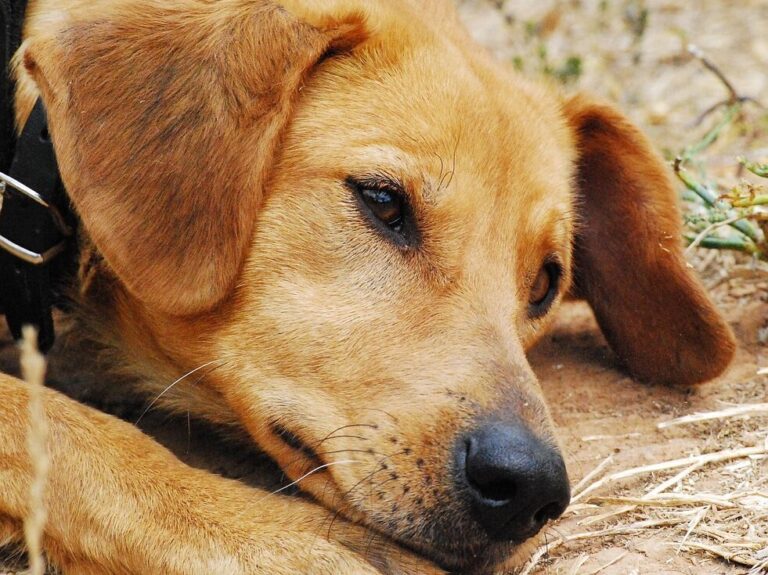15 Aggressive Dog Breeds That Are Most Likely to Bite
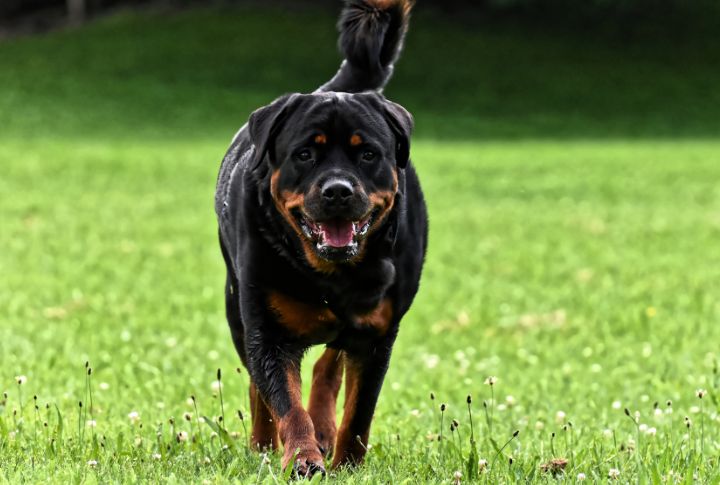
We’ve all heard that ‘a dog is a man’s best friend.’ But what about the flip side? Some breeds are more prone to biting than others despite being adorable and cuddly. While training and environment play a significant role, certain breeds have natural tendencies that make them more likely to nip.
Chihuahua
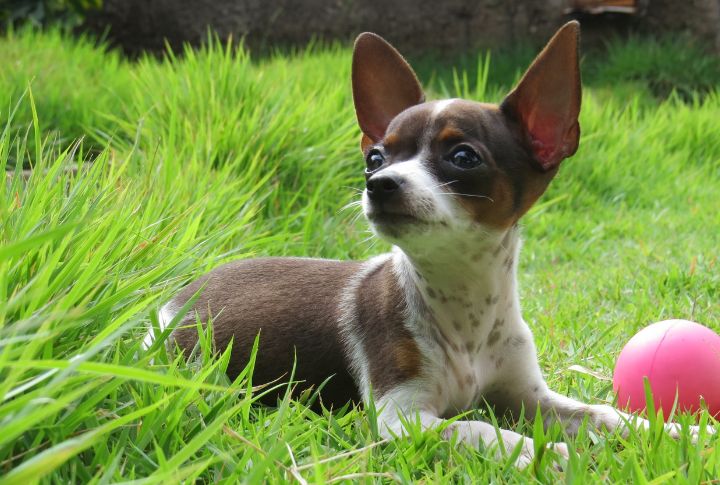
Chihuahuas may be small in size, but they have larger-than-life personalities. Known for their feisty nature, these little dogs often bite when feeling threatened or nervous. It’s a good idea to start socializing them early on to keep their behavior in check.
Jack Russell Terrier
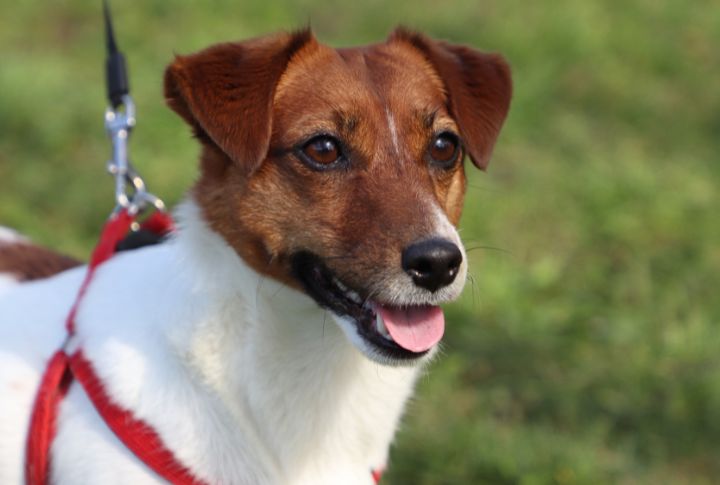
Jack Russells are a bundle of energy. Originally bred for hunting, their instinct to chase and nip hasn’t gone away. Without enough exercise and playtime, they can become frustrated and snap, so regular exercise is key for this breed.
Dachshund
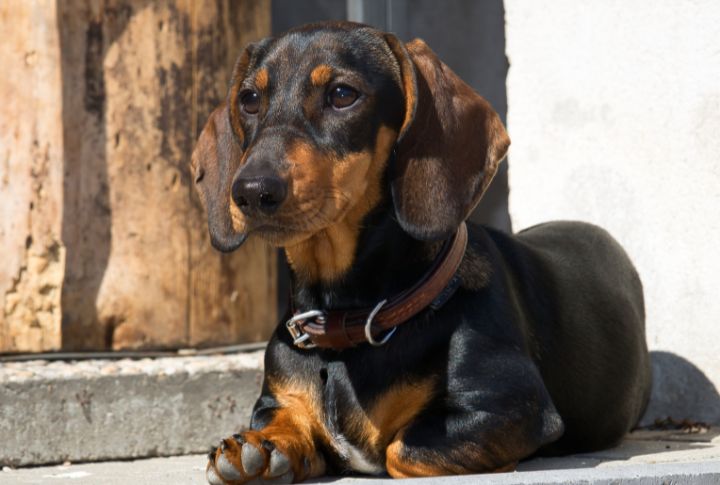
Small but mighty, Dachshunds are known for their bold personalities. They were originally bred to hunt, which explains their tendency to bite when they feel nervous or protective. Early socialization helps, but they might still be a bit snappy around strangers or other dogs.
Bulldog
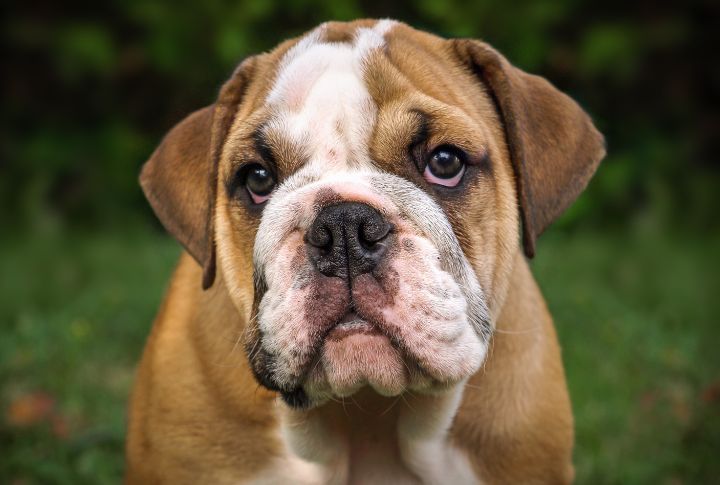
Despite their calm appearance, Bulldogs can become aggressive if they feel provoked or protective. Their strong jaws, historically used for bull-baiting, can deliver a serious bite. Proper training and respecting their space can help avoid accidents.
Cocker Spaniel
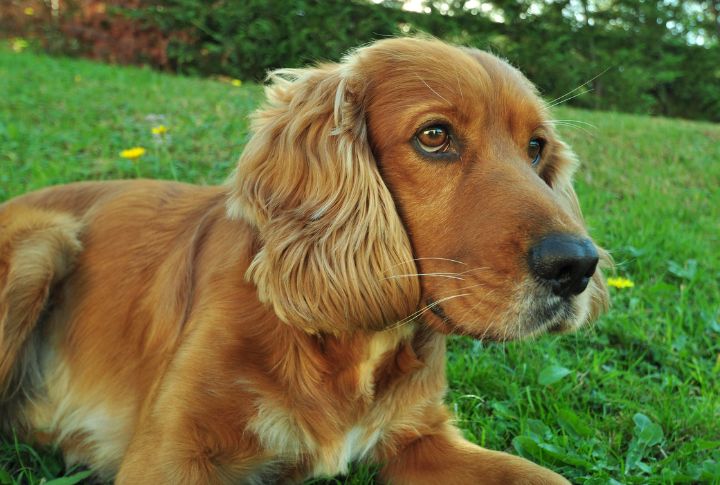
Often regarded for their sweet and affectionate demeanor, Cocker Spaniels can become easily stressed or overwhelmed. This sensitivity sometimes leads them to snap or nip, especially when anxiety takes over. Early training and a calm, reassuring environment help them maintain their gentle nature, reducing the risk of biting.
Beagle
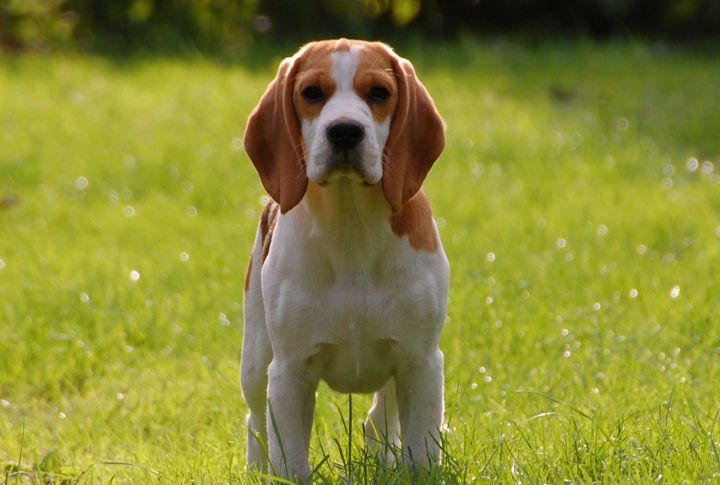
Bred to hunt and explore, Beagles love to use their mouths, especially during playtime. Their innate curiosity can make them prone to being mouthy, particularly when they’re bored or under-stimulated. To keep them from chewing or nipping, regular activities that engage both their mind and body are a must.
Rottweiler
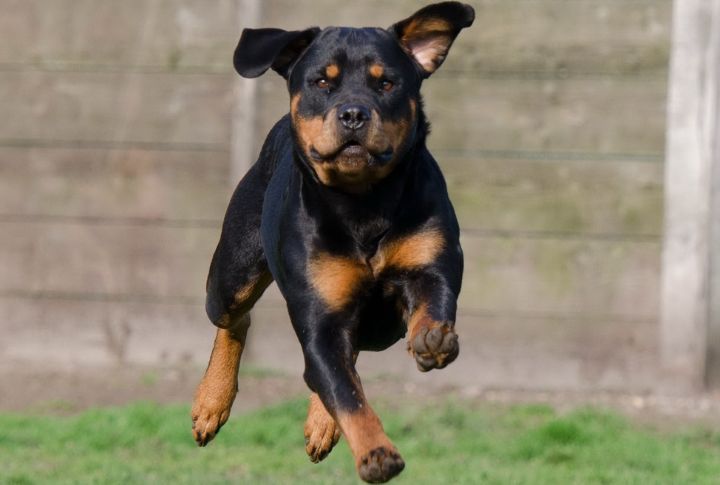
This breed is known for its strength and loyalty, but its powerful bite reflects its protective instincts. Calm by nature, Rottweilers can become reactive when they perceive danger, requiring careful handling. With the right leadership and training, they can be gentle giants, but it’s crucial to manage their strong, protective urges.
Shih Tzu
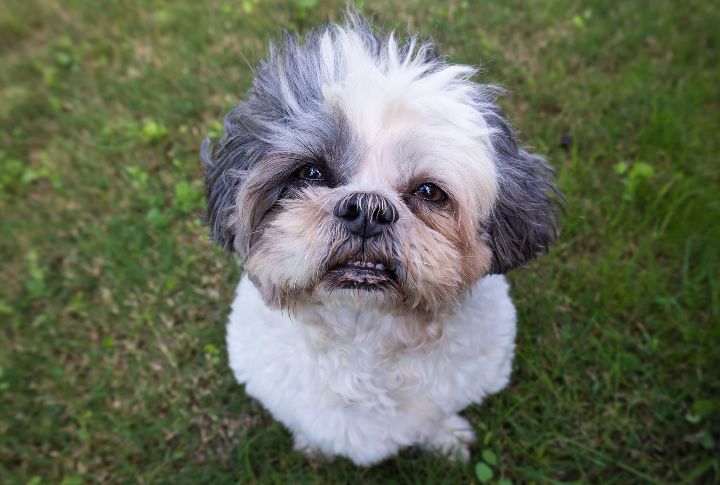
Despite their fluffy, adorable appearance, Shih Tzus have a tendency to bite when they feel scared or annoyed. These little dogs thrive in calm, secure environments, and early socialization is essential to prevent them from developing bad habits. Ensuring they feel safe can go a long way in keeping their nippiness in check.
German Shepherd
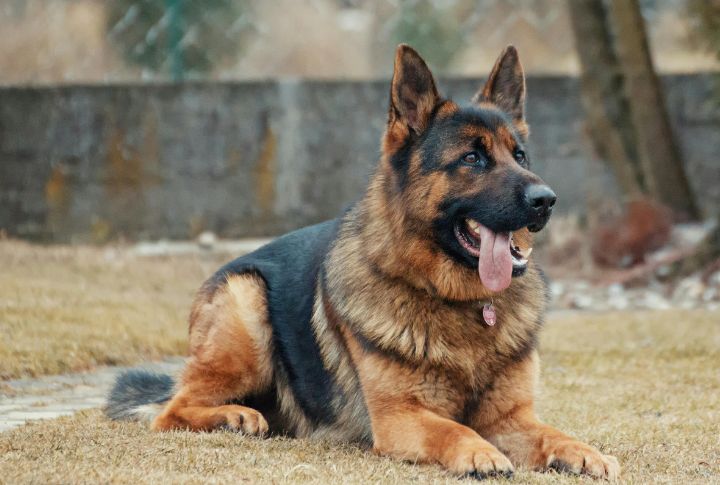
German Shepherds are known for their intelligence and strong protective instincts. This makes them ideal for work as police or guard dogs, but it can also lead to biting if they feel their family is threatened. Consistent training is vital to manage their guarding tendencies.
Chow Chow
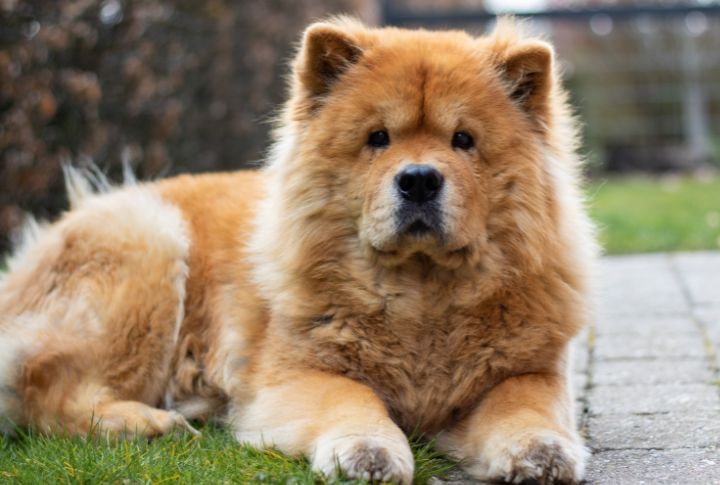
Don’t let the fluffy exterior fool you—Chow Chows are incredibly territorial. These dogs have a strong-willed nature and require a firm and experienced owner. Without proper leadership, they can become aggressive, making training essential to prevent biting incidents.
Pekingese
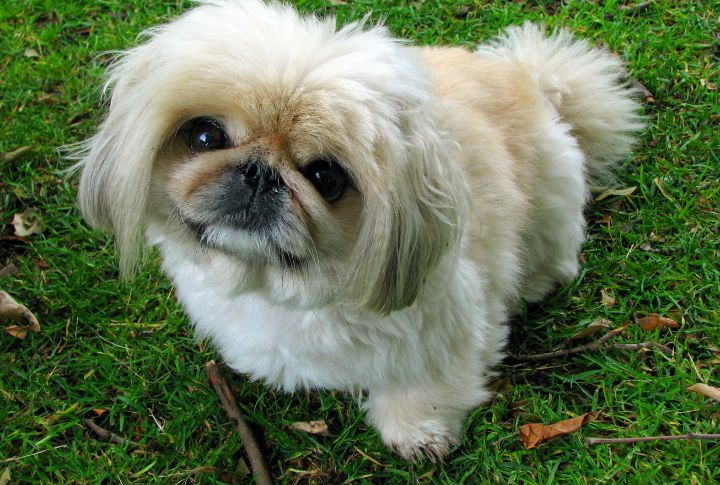
Independent and strong-willed, Pekingese dogs may not always tolerate being handled, especially if they feel crowded or threatened. Their territorial instincts make them prone to biting, so early training and socialization are crucial to managing this behavior.
Border Collie
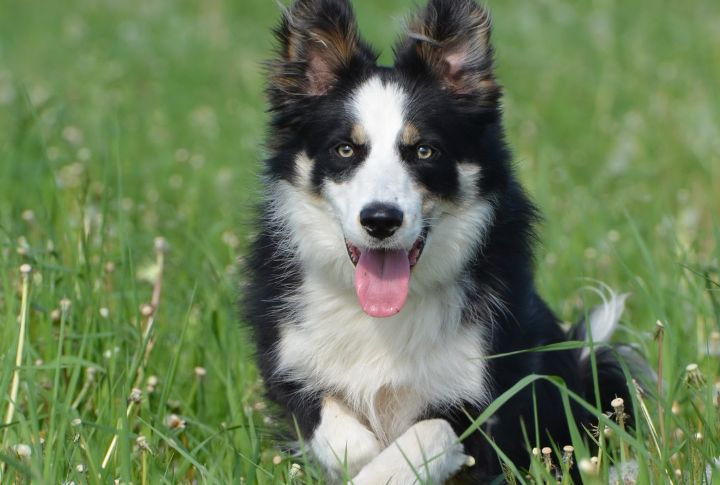
Border Collies are known for their intense herding instincts, which sometimes lead them to nip at people or animals. When they lack sufficient mental and physical activity, this behavior becomes more pronounced. Keeping them engaged with tasks and challenges prevents this tendency from becoming problematic.
Pit Bull
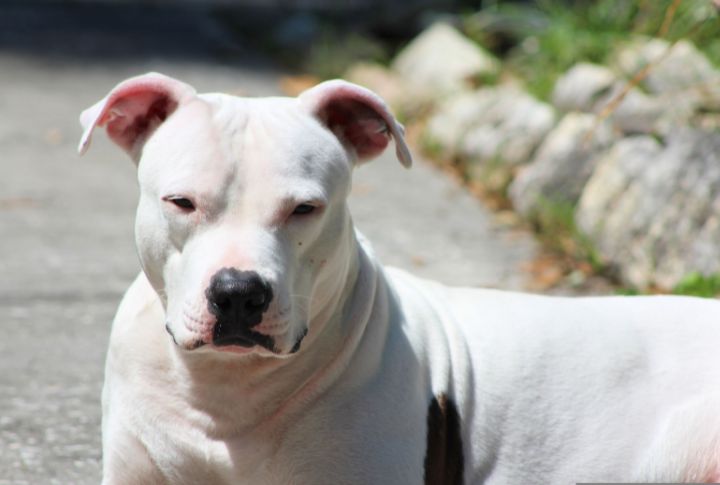
Pit Bulls often get a bad rap, but those who know the breed understand they can be incredibly affectionate. Unfortunately, their history in dog fighting has given them a reputation for having powerful jaws, and they can inflict serious damage if provoked. Early socialization, proper training, and supervision are key to managing this breed’s strong bite.
Akita
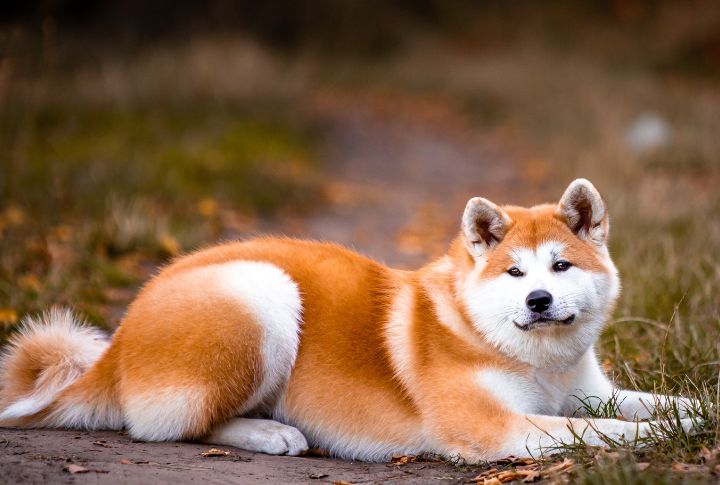
Loyal and protective, Akitas were bred to guard, and their instincts run deep. If they sense danger to their family, they may bite without hesitation. Consistent training from a young age and a confident owner can help manage their strong guarding tendencies.
Siberian Husky
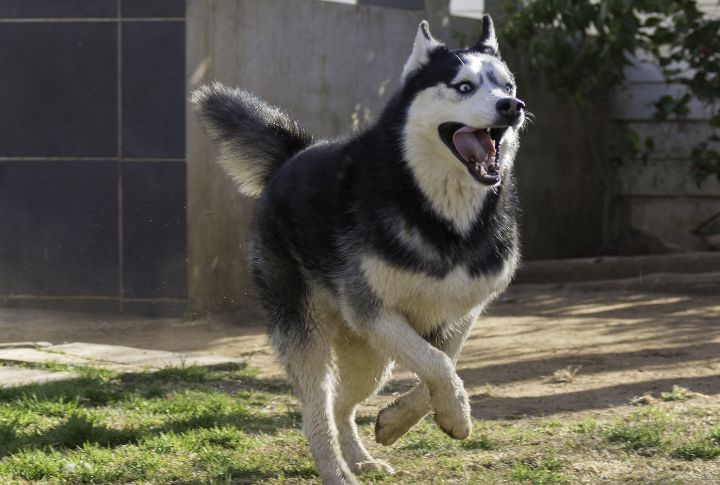
Huskies are independent and energetic dogs with a pack mentality. If they feel dominant or under-exercised, they might become aggressive. Providing them with proper exercise and leadership is essential to curb their biting behavior.

